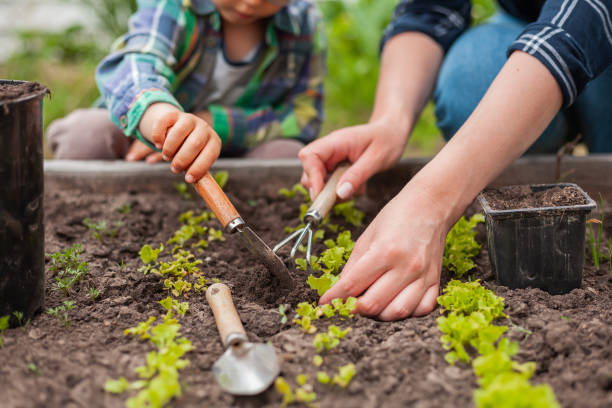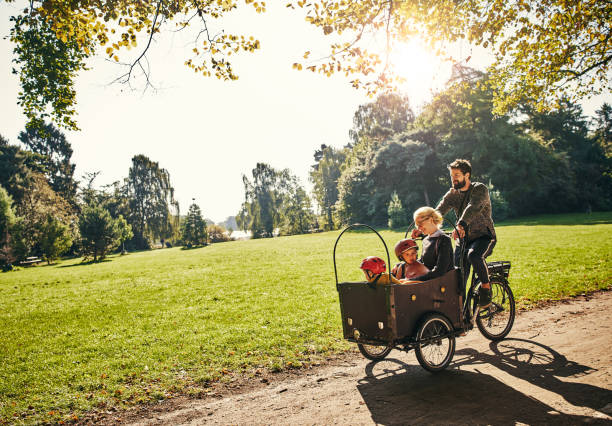In an era where environmental sustainability is more crucial than ever, teaching children to be eco-friendly from a young age can make a significant difference. By incorporating eco-conscious habits into daily life, parents can help shape a generation that values and actively contributes to a healthier planet. Here are practical tips to encourage eco-friendly behavior in kids and make sustainable living a natural part of their lives.
1. Lead by Example
Children often mimic the behavior of adults. By demonstrating eco-friendly practices, such as reducing waste, recycling, and conserving energy, parents can instill these values in their children. Make it a family routine to turn off lights when leaving a room, use reusable bags, and sort recyclables together.

2. Involve Kids in Household Recycling
Create a fun and engaging recycling system at home. Set up clearly labeled bins for different types of recyclables (paper, plastic, glass) and involve your kids in sorting. Explain the recycling process and its benefits, making them feel like they’re contributing to a larger cause.

3. Teach the Importance of Conservation
Educate children about the importance of conserving resources such as water and electricity. Use visual aids like charts or apps that show how much water or energy is being used. Encourage small changes like taking shorter showers or turning off the faucet while brushing teeth.

4. Incorporate Eco-Friendly Crafts and Activities
Engage kids in eco-friendly crafts using recycled materials. Projects like making bird feeders from old toilet paper rolls or creating art from discarded magazines can be both educational and entertaining. These activities help children see the value in reusing and repurposing items.

5. Choose Sustainable Products Together
When shopping for groceries or other household items, involve your kids in choosing eco-friendly products. Discuss why items with minimal packaging, organic ingredients, or energy-efficient labels are better for the environment. This helps them understand the impact of their purchasing decisions.

6. Promote Outdoor Activities and Nature Exploration
Encourage your children to spend time outdoors and connect with nature. Activities like hiking, biking, or simply exploring local parks can foster a deep appreciation for the environment. Teach them about local flora and fauna to build a sense of responsibility toward preserving natural habitats.

7. Create a Family Garden
Starting a garden is a fantastic way to teach kids about sustainability. Involve them in planting, watering, and harvesting fruits and vegetables. This hands-on experience helps them understand where food comes from and the importance of caring for the environment.

8. Practice Minimalism and Reduce Waste
Teach children the value of minimalism by helping them declutter and donate items they no longer use. Discuss the impact of waste on the environment and encourage them to adopt a “buy less, choose wisely” mindset. This helps them develop a more sustainable approach to consumption.

9. Incorporate Eco-Friendly Education
Use books, videos, and educational programs that focus on environmental issues and sustainability. Many resources are available that cater to children and can make learning about the environment engaging and informative.

10. Encourage Eco-Friendly Transportation
Whenever possible, opt for walking, biking, or carpooling instead of driving. Explain the environmental benefits of reducing car emissions and make it a family goal to find sustainable transportation options for daily activities.

